NI SCXI-1520 Product Details, Specifications, Parameters, and Application Areas
The NI SCXI-1520 is a powerful and versatile signal conditioning module from National Instruments, designed to enhance the accuracy and reliability of data acquisition systems. This module offers a comprehensive set of features that make it suitable for a wide range of applications in test and measurement.
In terms of product details, the NI SCXI-1520 boasts a modular design that allows for easy integration into existing systems. It provides multiple input and output channels, enabling users to condition and process a variety of analog signals. The module’s robust construction ensures reliable performance even under harsh environmental conditions.
Regarding specifications, the NI SCXI-1520 offers excellent signal conditioning capabilities. Its high-resolution analog-to-digital converters (ADCs) ensure precise signal acquisition, while its low-noise design minimizes interference and distortion. The module also supports high-speed data transfer, enabling real-time monitoring and analysis.
When it comes to parameters, the NI SCXI-1520 offers a high degree of configurability. Users can adjust gain settings, filter frequencies, and other parameters to optimize performance for specific applications. This flexibility allows the module to adapt to varying signal characteristics and measurement requirements.
The NI SCXI-1520 finds application in numerous fields, including industrial automation, process control, research and development, and education. Its ability to handle complex signal conditioning tasks and provide accurate data acquisition makes it a valuable asset in various testing and measurement scenarios.
In summary, the NI SCXI-1520 is a powerful signal conditioning module that offers superior performance, reliability, and flexibility. Its specifications, parameters, and diverse application areas make it a trusted choice for engineers and scientists seeking to enhance their data acquisition capabilities.
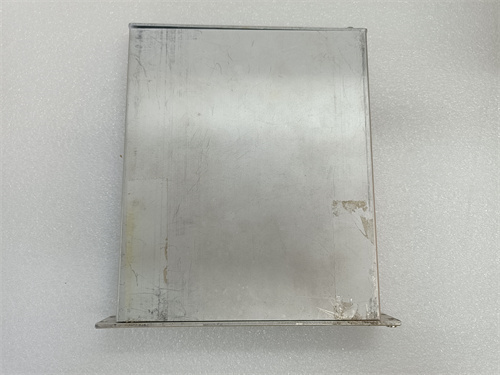
NI SCXI-1520
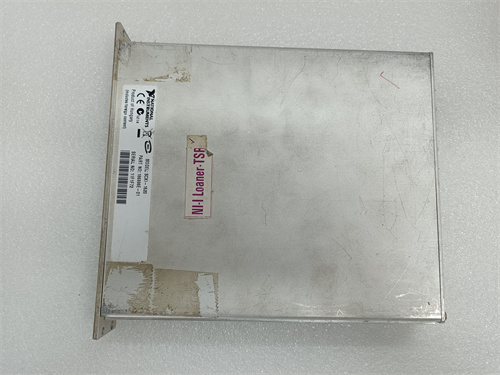
NI SCXI-1520
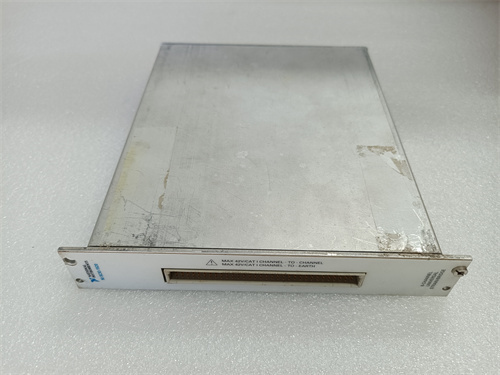
NI SCXI-1520


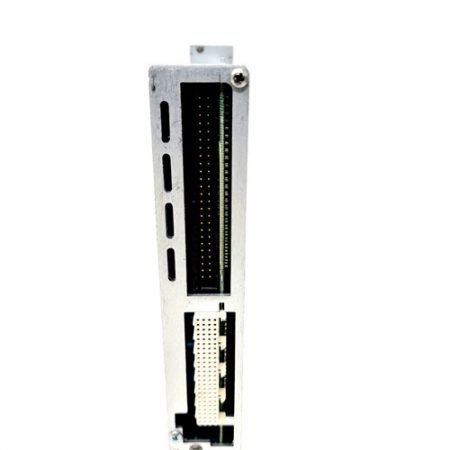
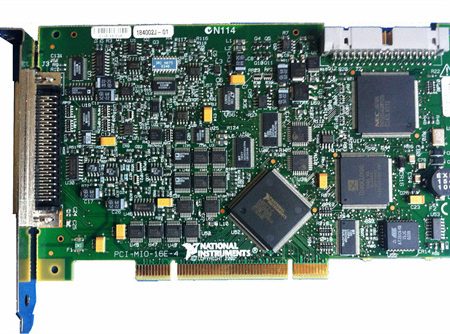
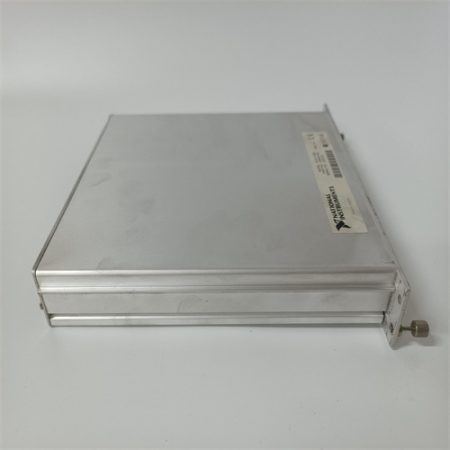
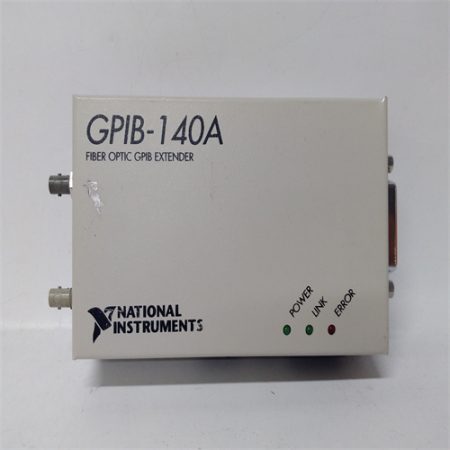
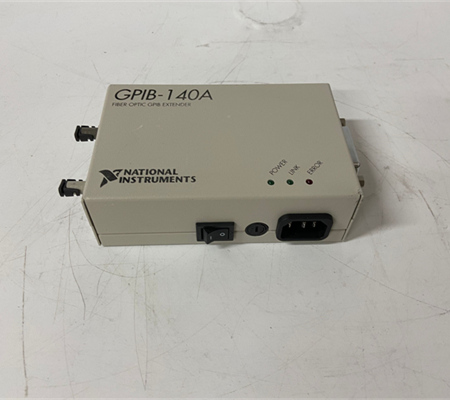
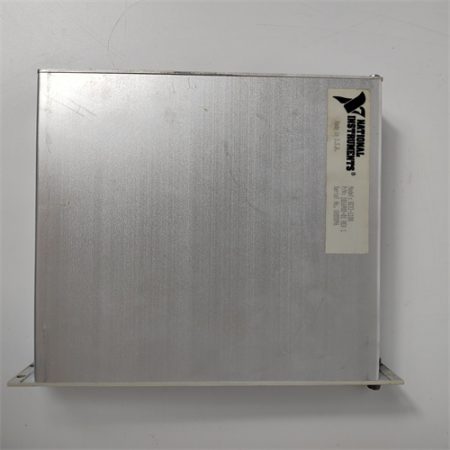
-450x450.jpg)
Reviews
There are no reviews yet.